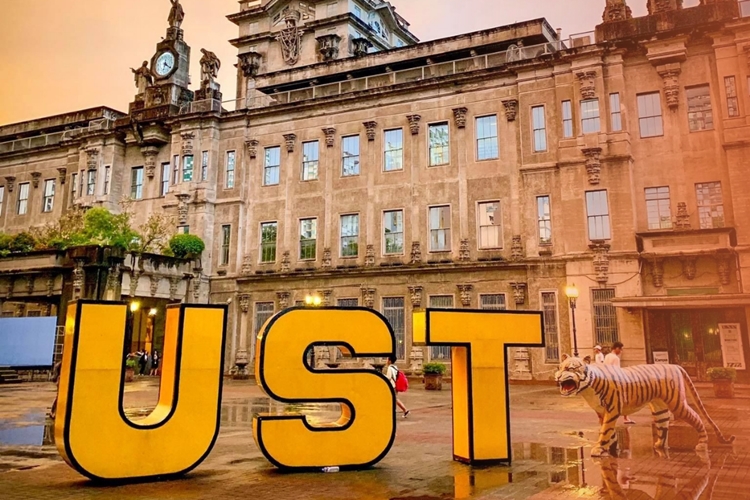UST Alumni Involved in Flood Control Scam
Three alumni from the University of Santo Tomas (UST) have been implicated in a flood control scam, drawing heavy criticism and being labeled a disgrace to the university.
In his column for The Varsitarian, UST’s official student publication, writer Ralent Penilla identified Senator Joel Villanueva, former Bulacan District Engineer Henry Alcantara, and former House Appropriations Committee Chairperson Zaldy Co as the Thomasians allegedly involved in the controversy. According to Penilla, Villanueva graduated with a degree in Commerce, Alcantara completed a degree in Engineering, and Co earned his Master’s in Business Administration from UST Legazpi.
Villanueva was accused of demanding kickbacks from government projects, while Co was described as the mastermind behind alleged “congressional insertions” in the national budget. Alcantara, meanwhile, was linked to ghost and unfinished infrastructure projects in Bulacan, a province with one of the highest numbers of flood control initiatives.

Penilla further explained that Co, a major contractor, founded his own party-list group, Ako Bicol, and later became the head of the House Appropriations Committee—a powerful position responsible for national budget deliberations. Since then, Penilla noted, the number of “contractors” in the political scene has significantly increased.
The columnist criticized the three alumni, saying they had strayed far from the core values long promoted by UST—competence, commitment, and compassion. Instead, he claimed, they embodied another set of “three C’s”: corruption, cruelty, and criminality. He emphasized that these individuals violated the principles of Thomasian education and brought shame upon their alma mater.

Penilla described Villanueva, Co, and Alcantara as corrupt, insensitive, and deceitful individuals who have tarnished the reputation of UST. He argued that their involvement in the scam reflects a deeper moral crisis in Philippine society, calling it an example of “split-level Christianity,” where faith is professed in words but betrayed in actions.
The issue has since sparked public discussions about integrity among leaders educated in Catholic institutions and the importance of upholding moral values beyond academic achievements.
